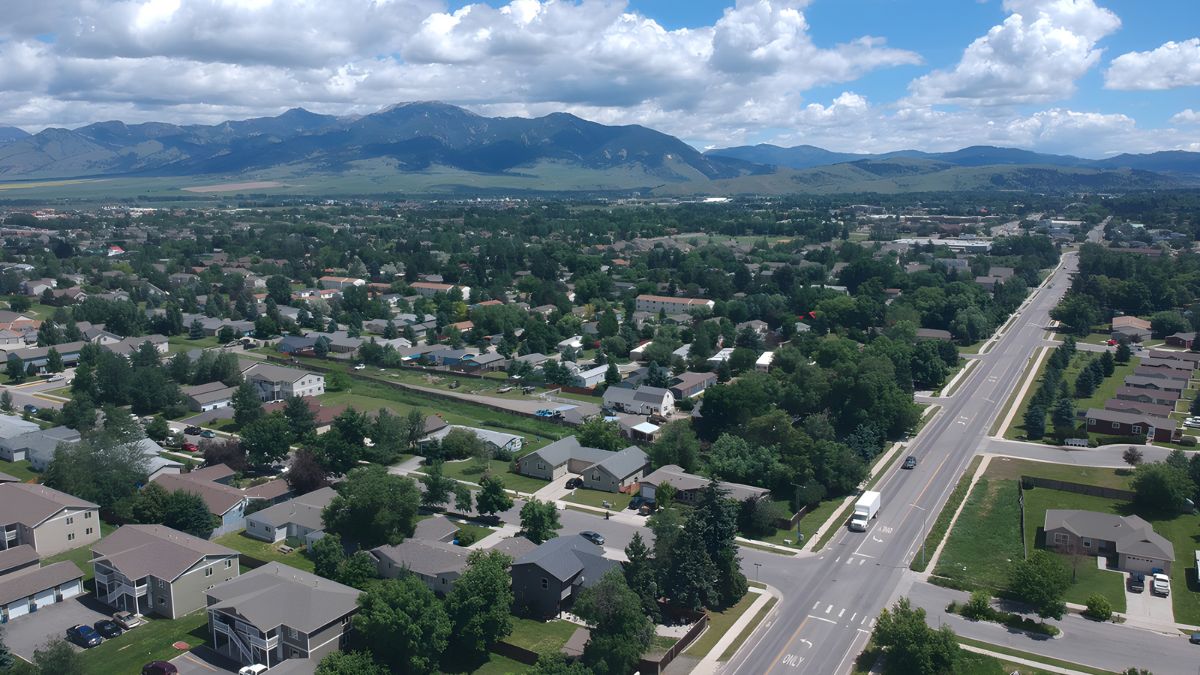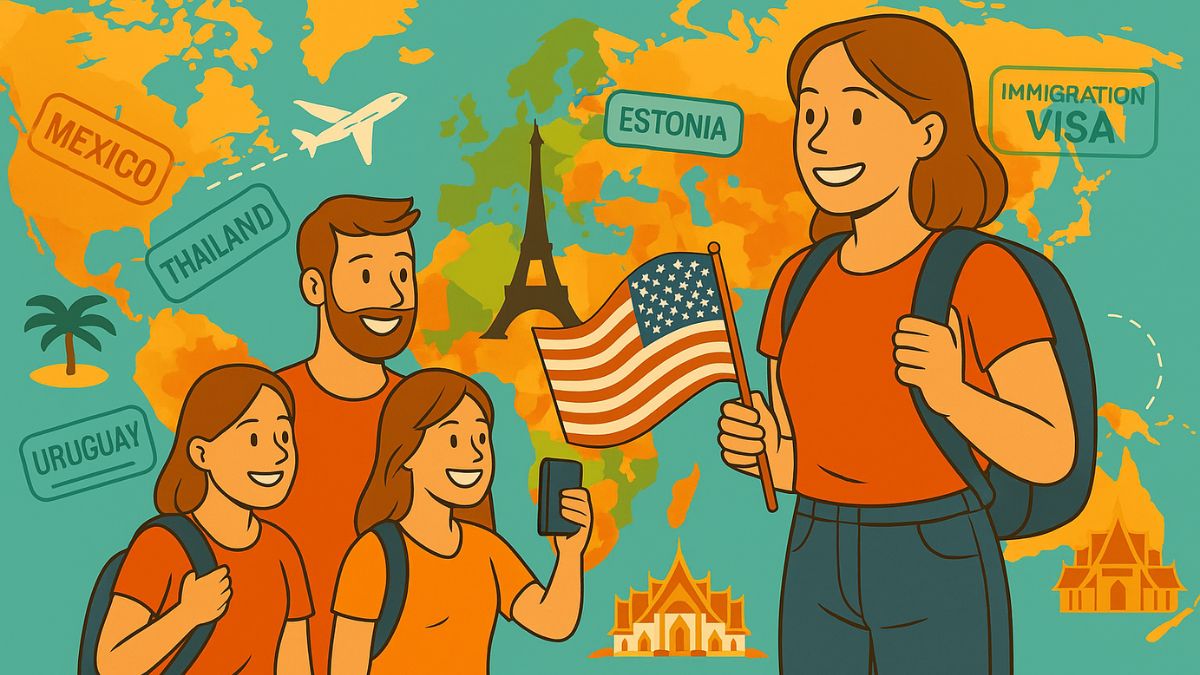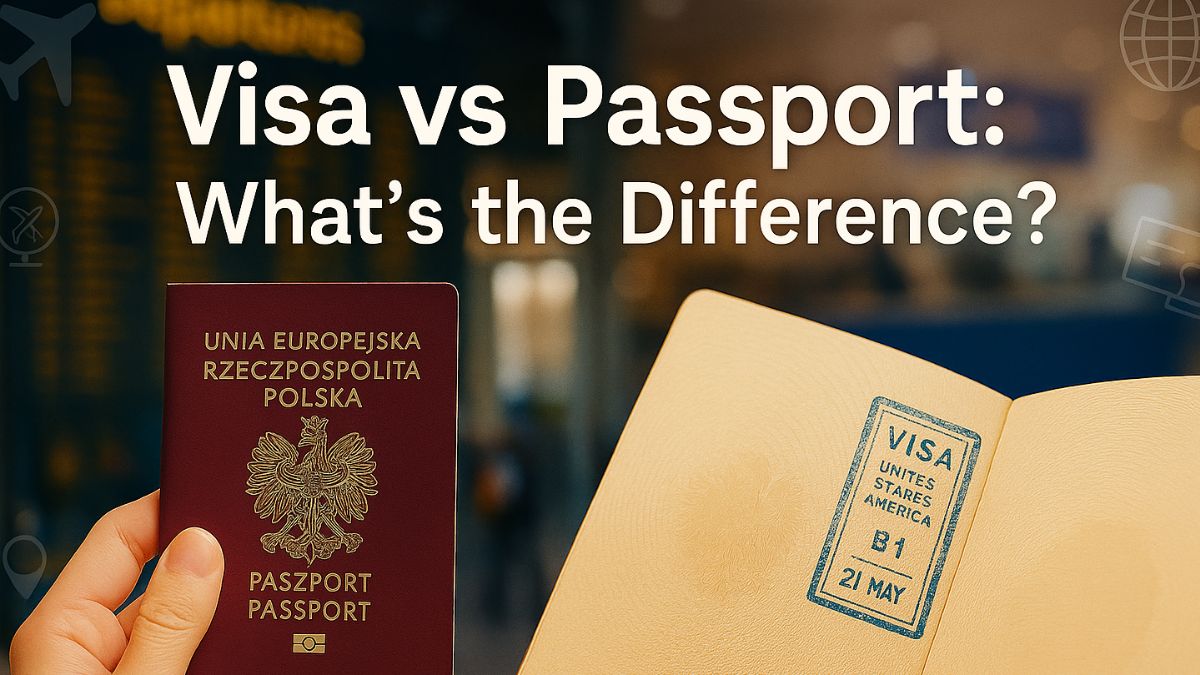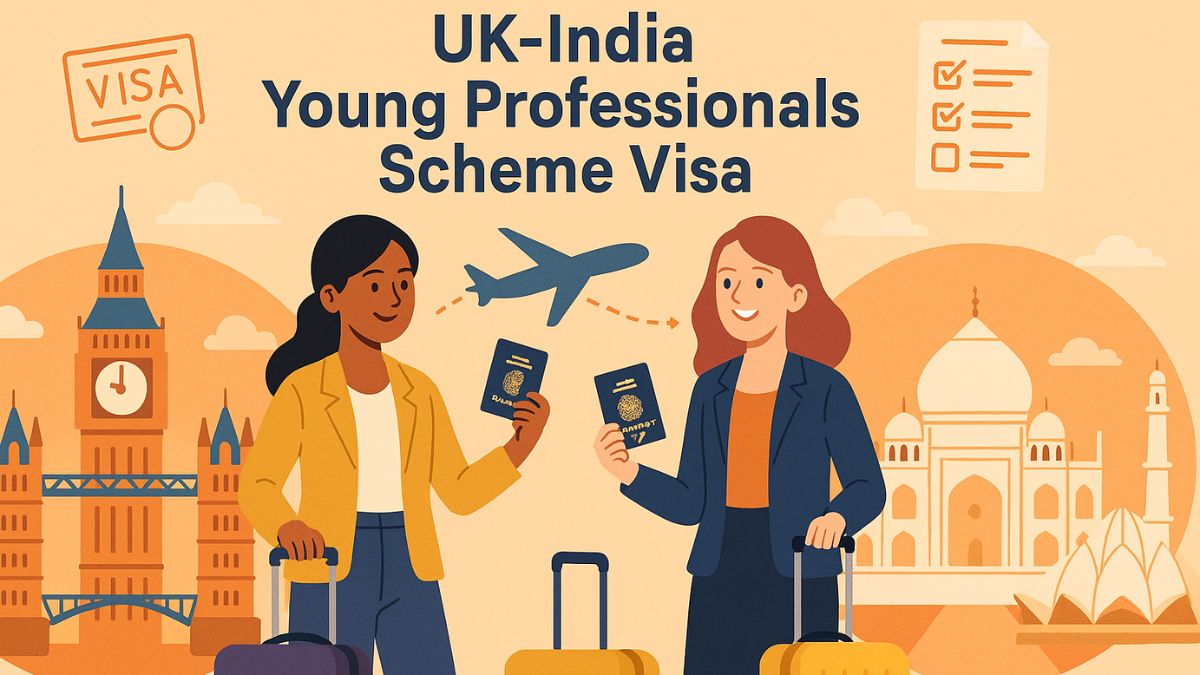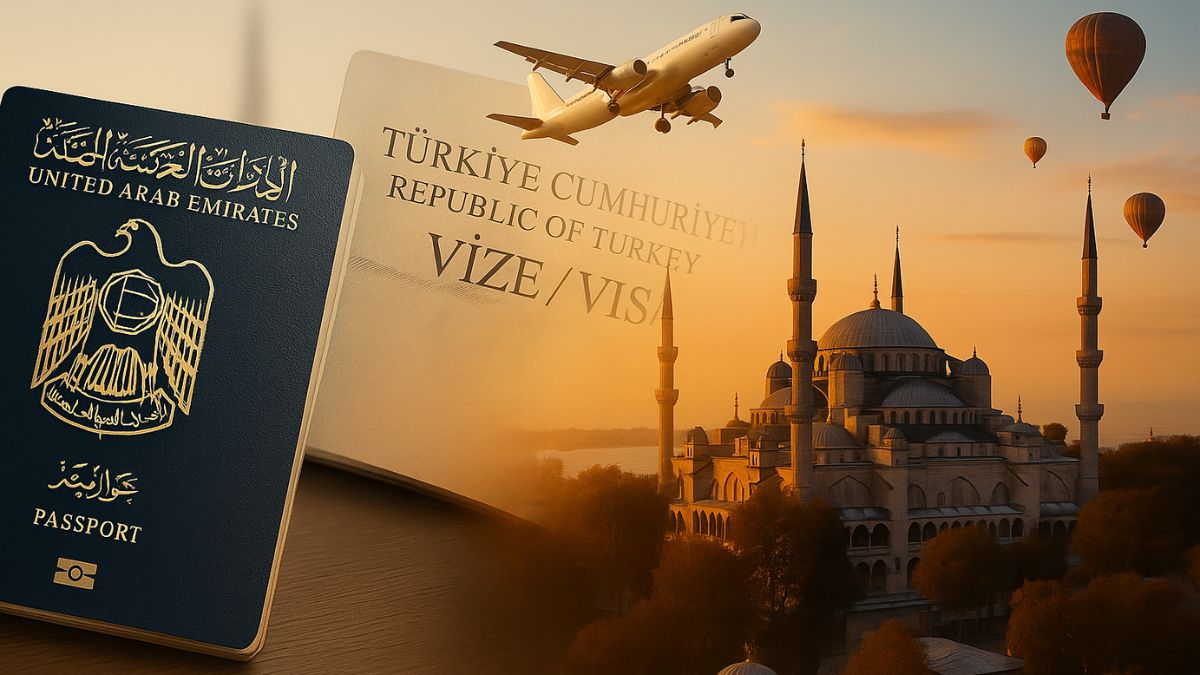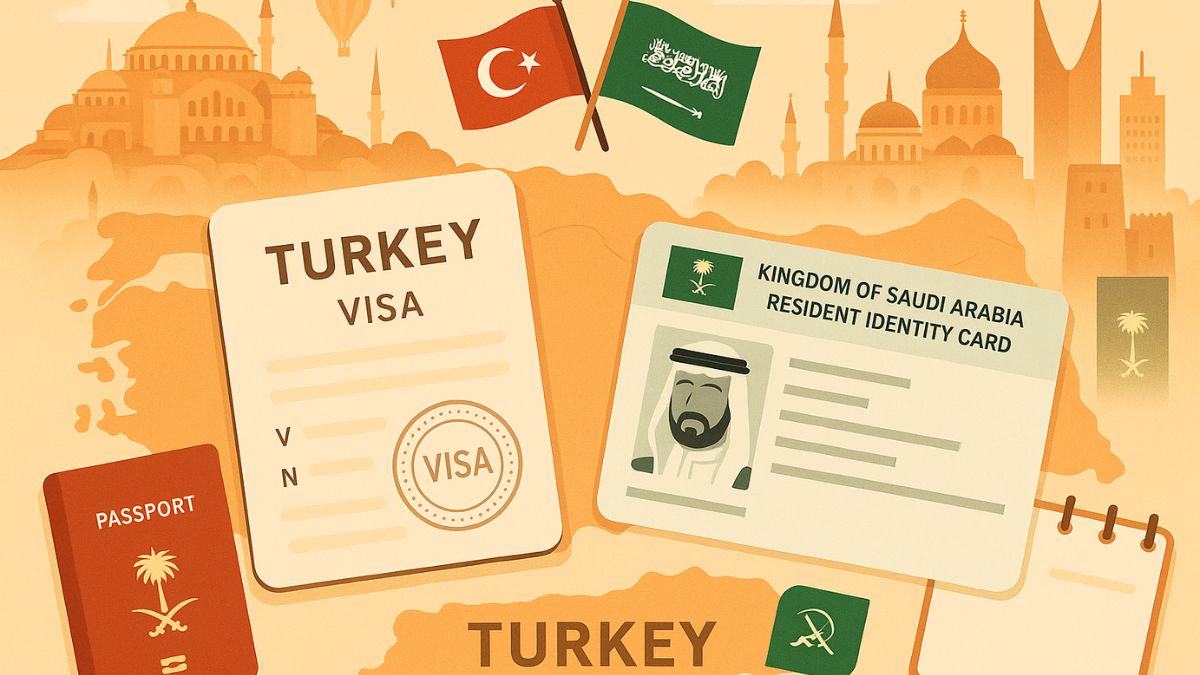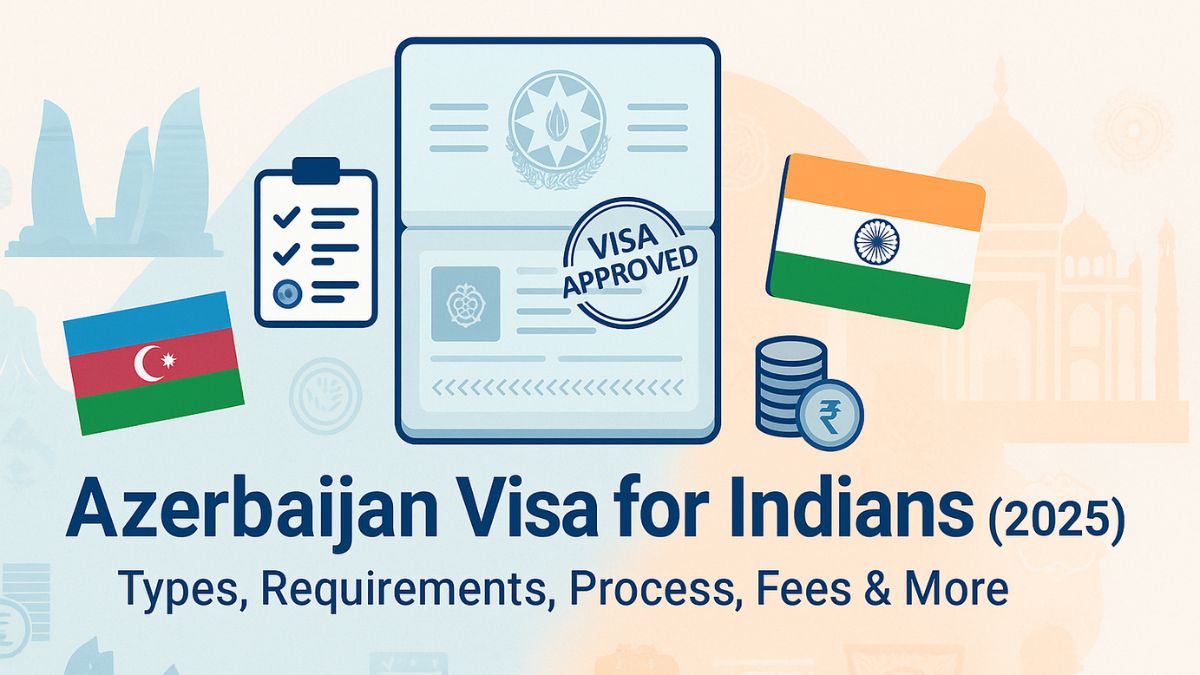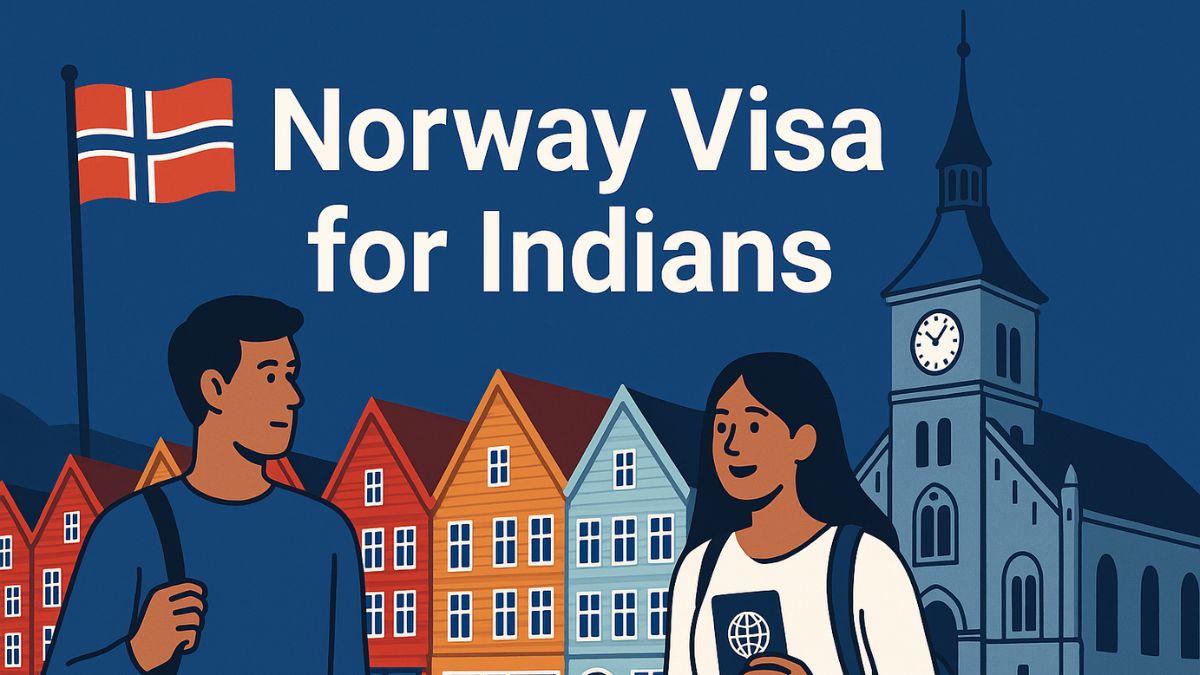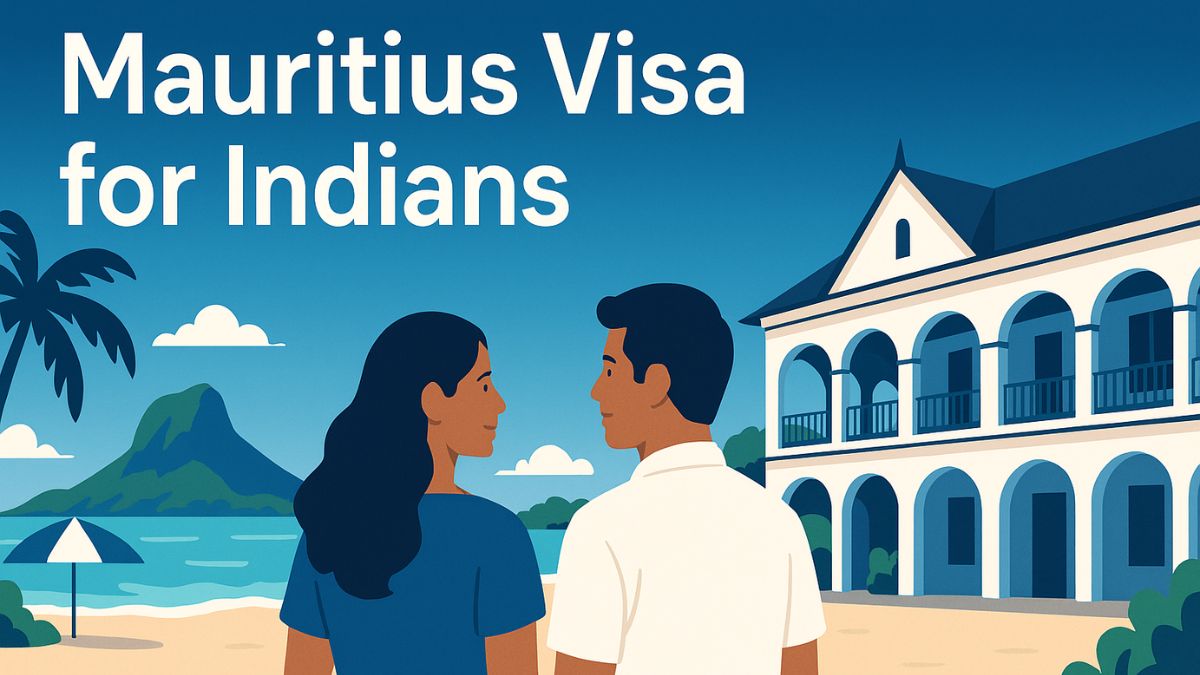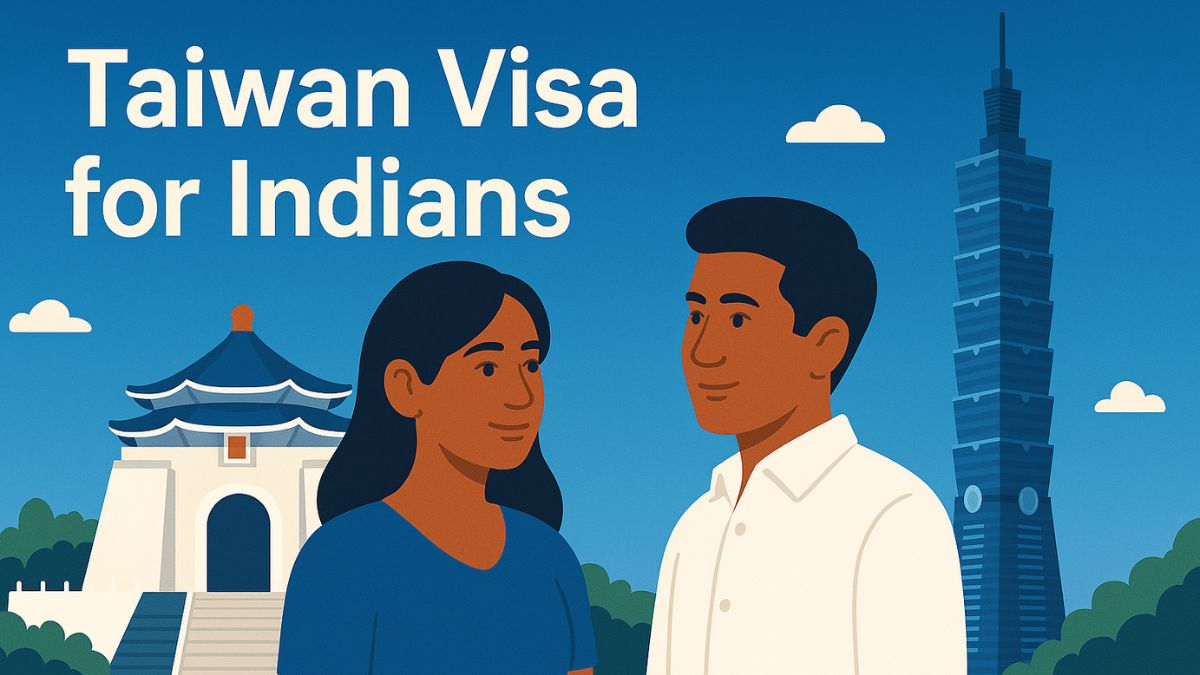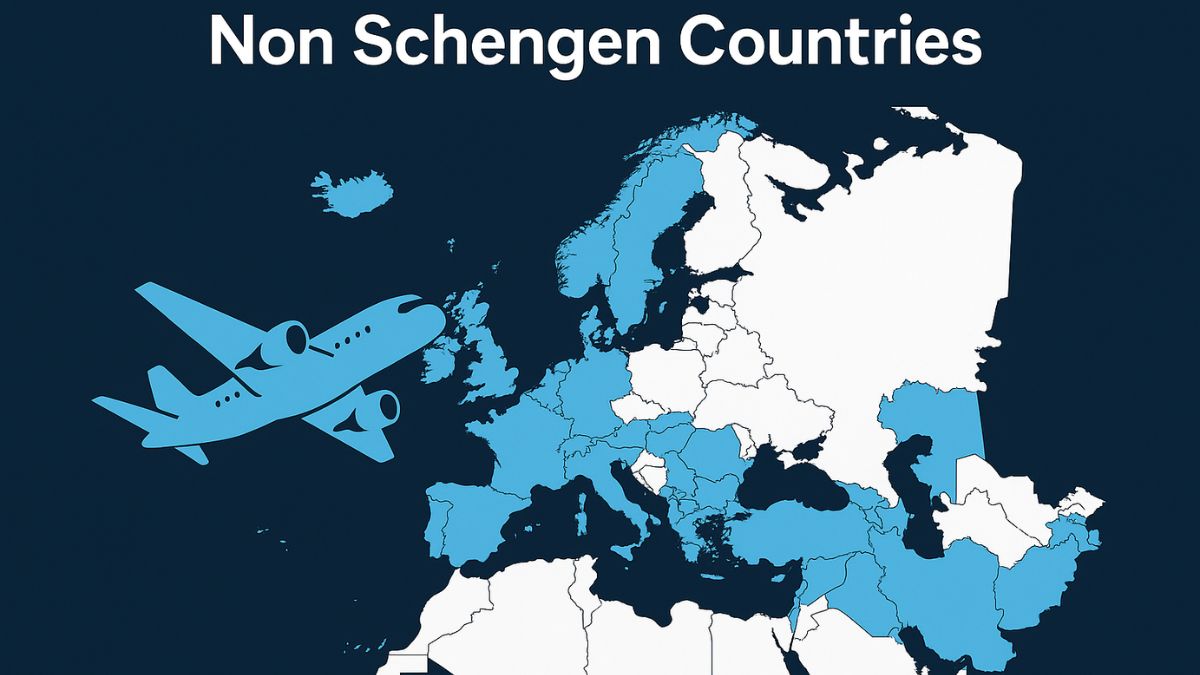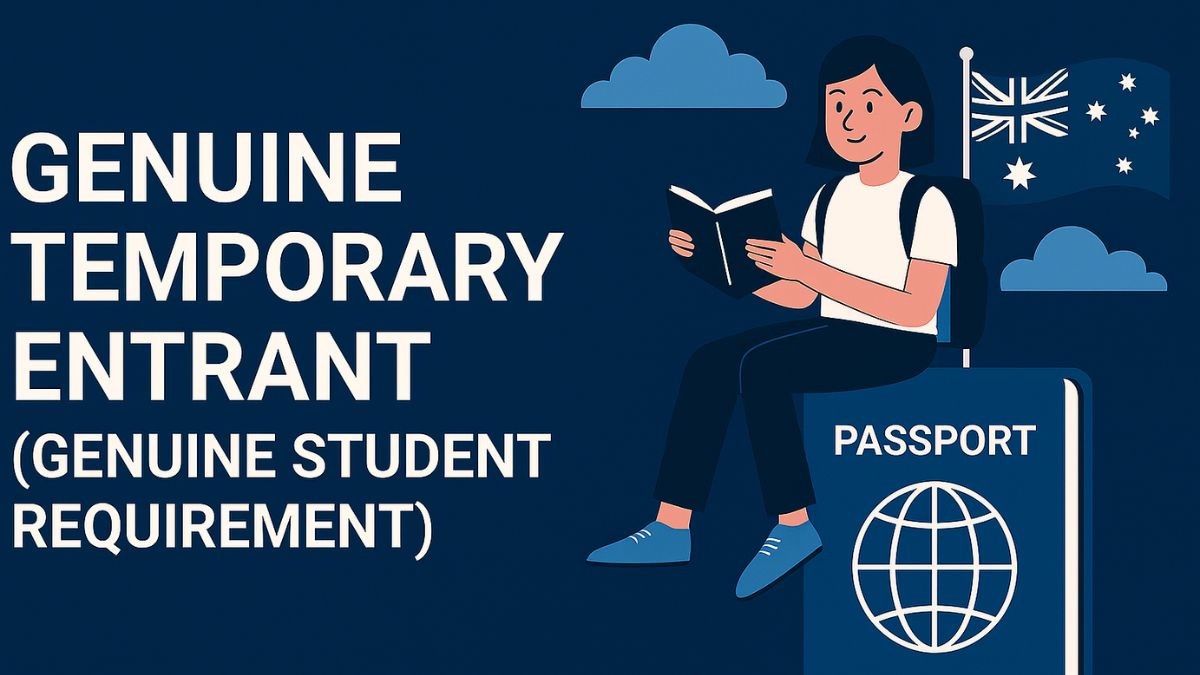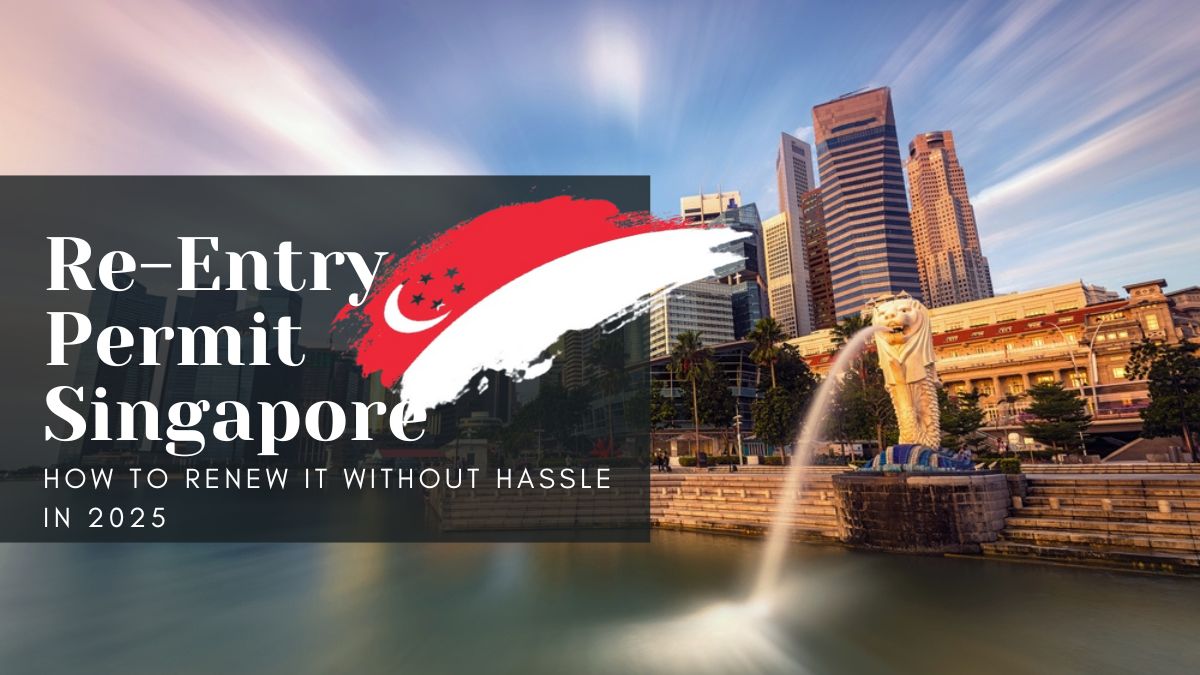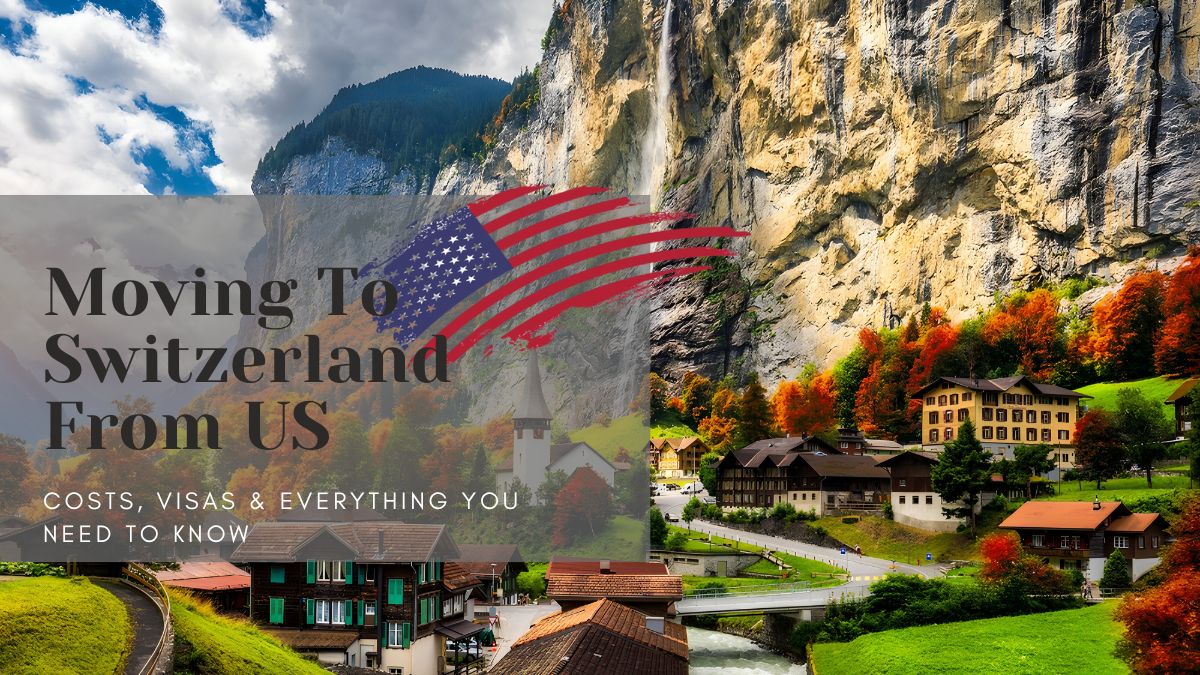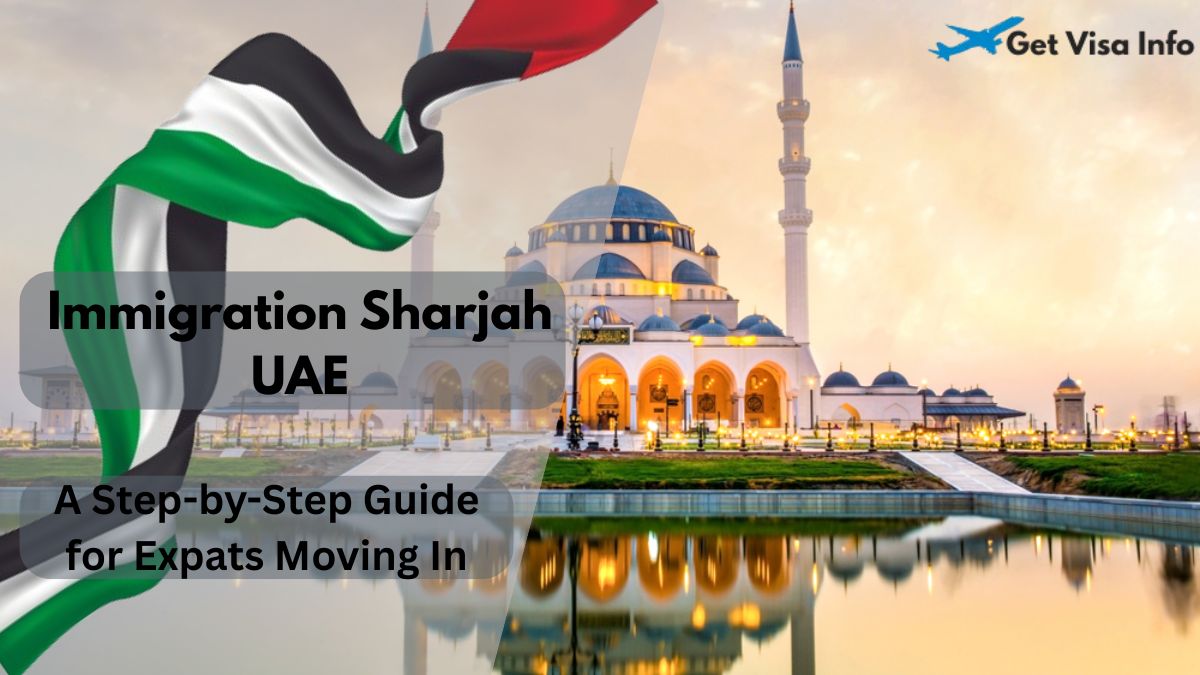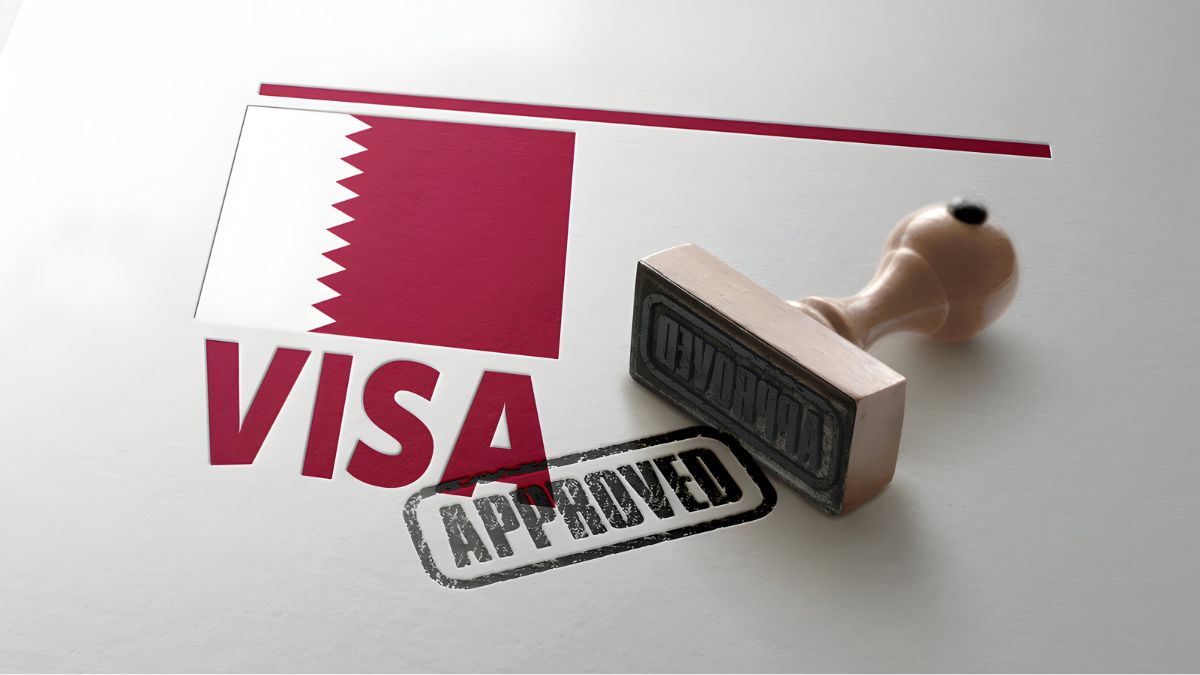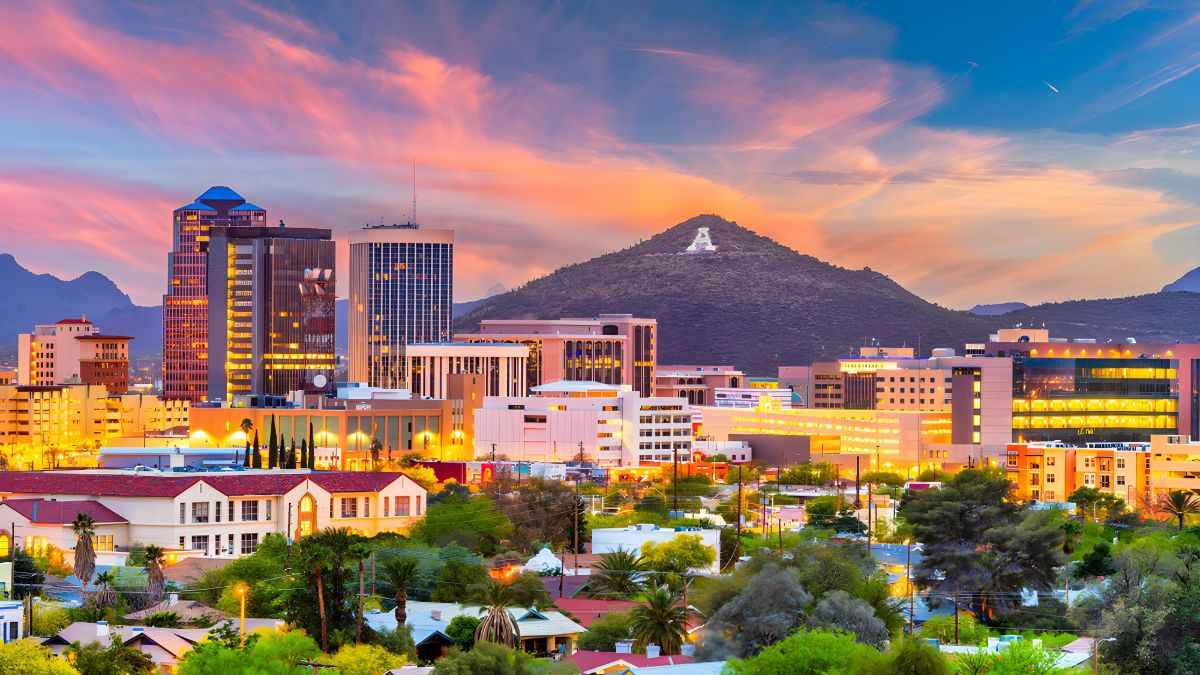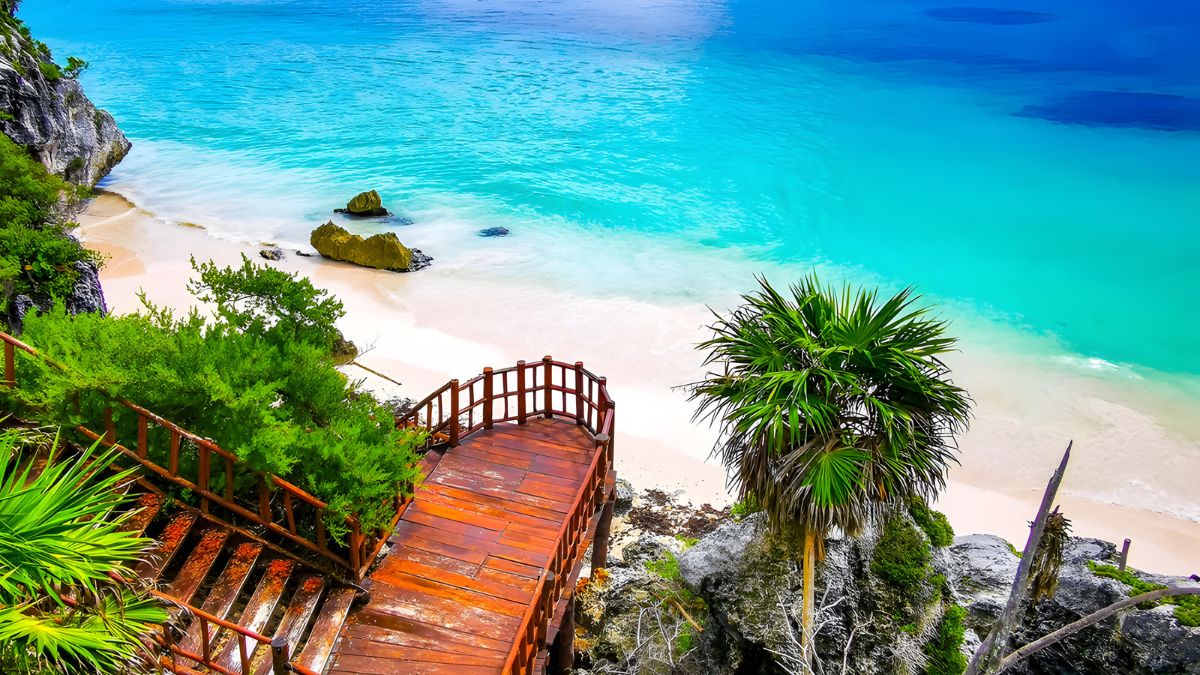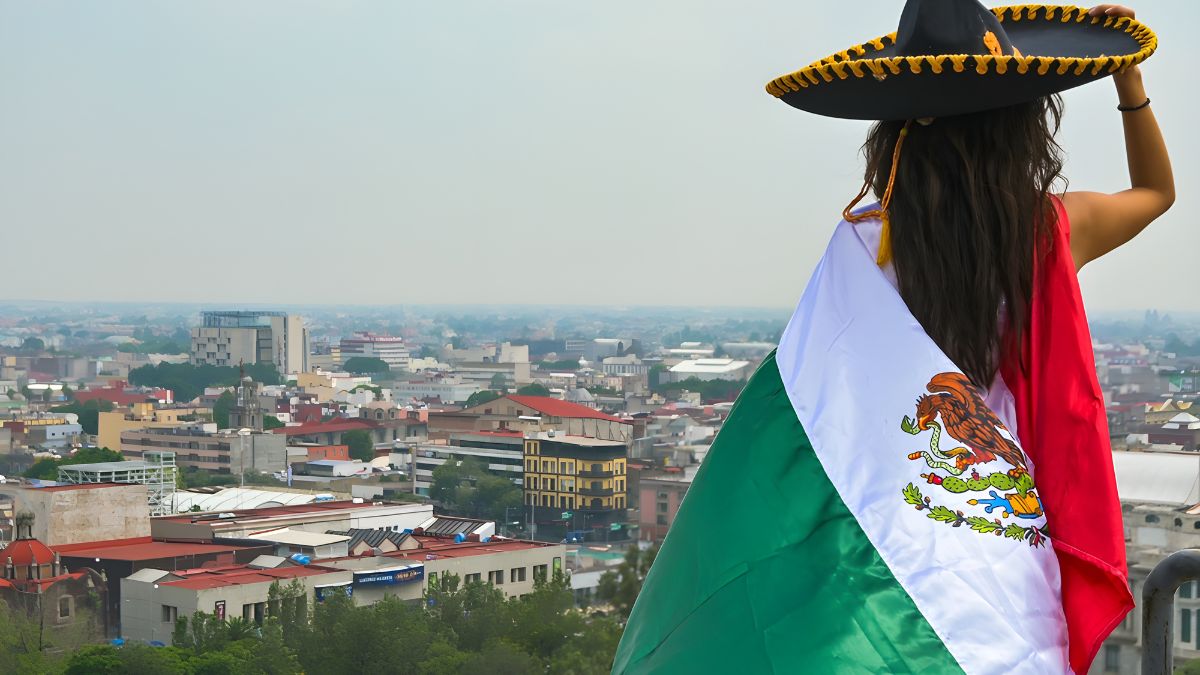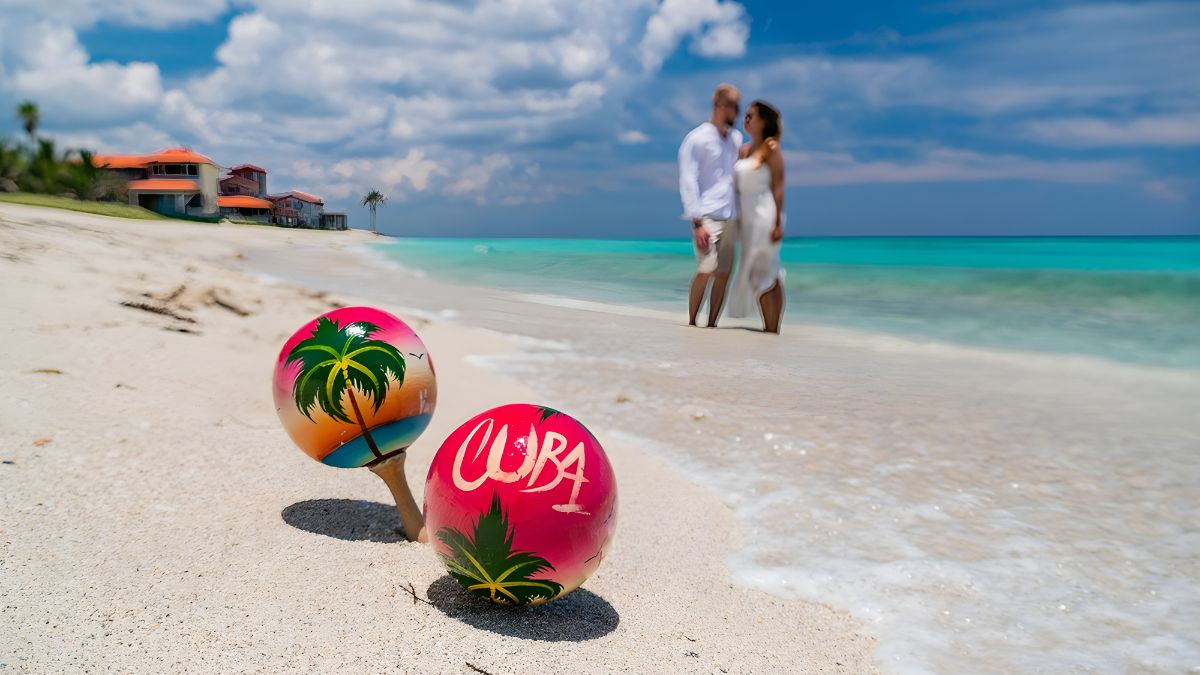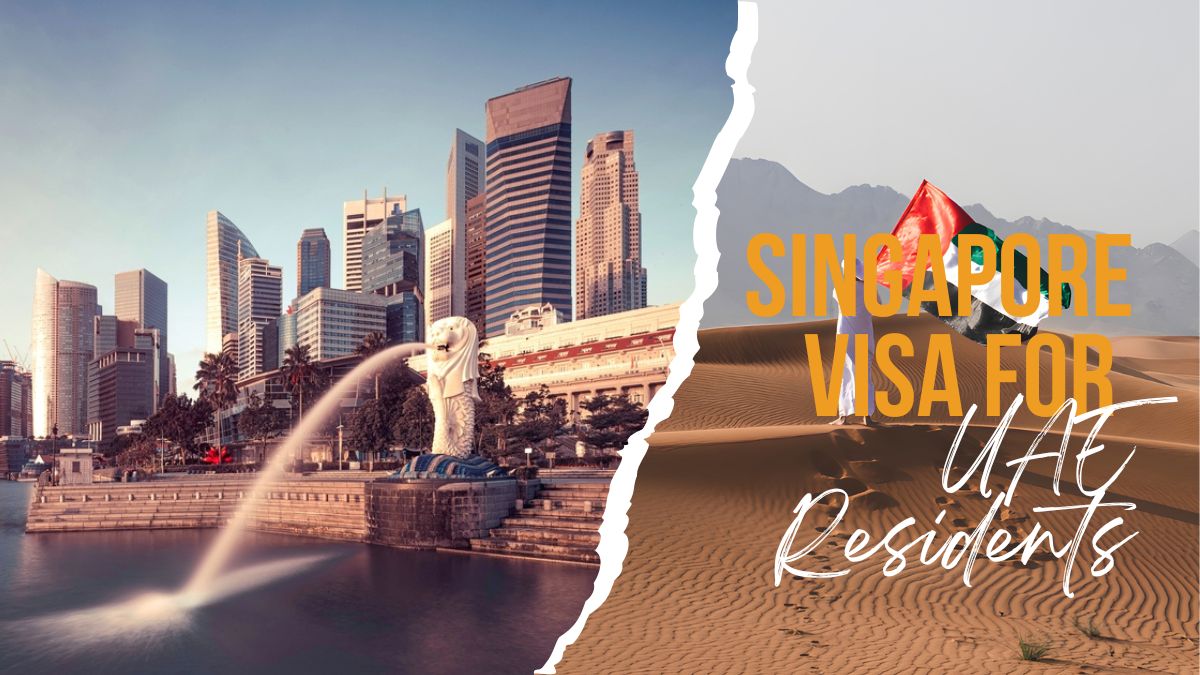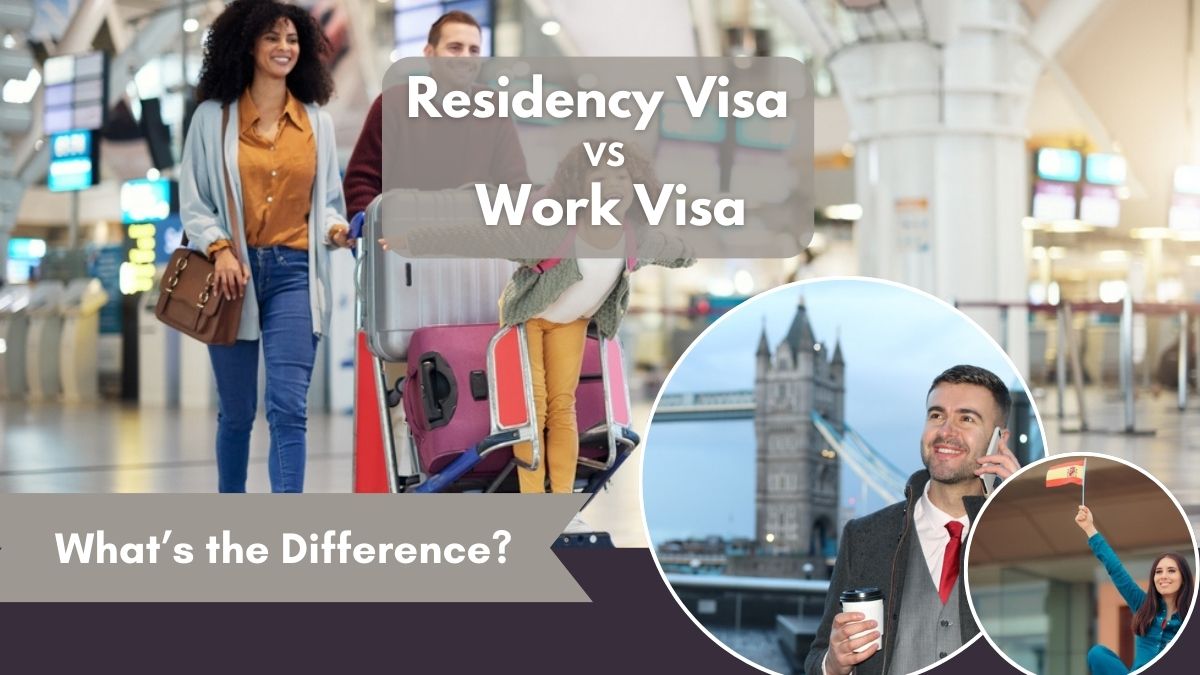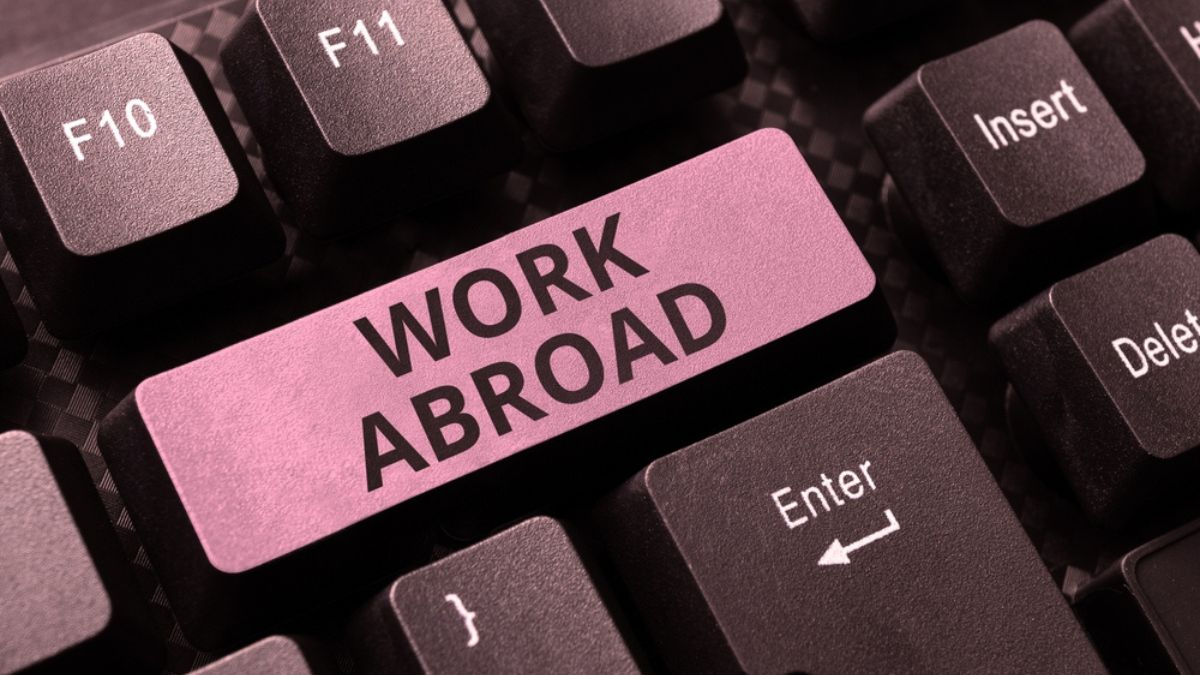
- June 1, 2025
- Heisenberg
- 0
Who hasn’t dreamed of replying to emails from a hammock in Koh Samui? Or submitting reports from a riverside café in Chiang Mai with a coconut in hand?
If you’re part of the global army of remote workers, you’ve probably Googled “Thailand digital nomad visa” at least once—and guess what? Thailand has finally launched a new visa just for people like you: the Destination Thailand Visa (DTV). It’s 2025, and Thailand isn’t just welcoming tourists anymore—it’s rolling out the welcome mat for digital nomads and remote professionals.
But hold your Muay Thai gloves — before you pack your bags and say goodbye to your 9-to-5 office life (and Greg from accounting), let’s break down what this visa really is, who it’s for, how it works, and why it’s causing quite the buzz in expat forums.
Ready to swap your cubicle for a tuk-tuk commute? Let’s break it down.
Table of Contents
Toggle📌 What Is the Thailand Digital Nomad Visa (DTV)?
Although people casually call it the Thailand digital nomad visa, the official name is the Destination Thailand Visa (DTV).
Unveiled in mid-2024, this visa allows remote workers, freelancers, and even chill work-and-travel types to stay in Thailand for longer without the stress of border runs or complicated paperwork.
💡 Quick Snapshot:
- Visa Type: Destination Thailand Visa (DTV)
- Purpose: For remote workers, freelancers, digital nomads, and long-stay visitors
- Duration: 180 days per entry, renewable once (that’s up to 360 days!)
- Validity: Multiple entry, valid for 5 years
- Cost: 10,000 THB (~ $280)
👩💻 Who Is This Visa For?
If you:
- Work remotely for a company based outside of Thailand
- Freelance online (designer, developer, writer, you name it)
- Run a location-independent business
- Want to train in Thai boxing, cooking, or just learn the ancient art of coconut opening
…the DTV could be your golden visa.
Unlike Thailand’s LTR (Long-Term Resident Visa)—which is also known as a digital nomad visa but targets high-income earners—the DTV is far more flexible and accessible for the average digital wanderer.
✅ Eligibility Requirements
Don’t worry, you don’t need to be a crypto millionaire or yoga influencer to qualify. Here’s what you’ll need:
- Be 20 years or older
- Proof of funds: Show at least 500,000 THB (~ $14,000) in your bank account
- Remote job or freelance proof: Employment contracts, invoices, client letters, etc.
- Health insurance covering your stay (a recurring theme in Thai visas)
- A valid passport with 6+ months left
- Clean criminal record (leave your mischief at home)
🛂 How to Apply for the Thailand Digital Nomad Visa
Let’s be real—visa paperwork can make even a beach look less sunny. But the DTV keeps things relatively smooth:
Step-by-step:
- Prepare your documents (bank statements, job proof, insurance, passport, photos)
- Submit your application online or at a Thai embassy/consulate
- Pay the fee (10,000 THB)
- Wait for processing (expect 2–4 weeks)
- Get approved and start booking your Airbnb in Krabi

💰 Cost of the Thailand Digital Nomad Visa
- Visa fee: 10,000 THB (~ $280)
- Valid for: 5 years (multiple entry)
- Stay per entry: 180 days, renewable once
- Extension fee (if needed): 1,900 THB ($55)
- Minimum funds required: 500,000 THB (~ $14,000 in savings)
- Health insurance: Mandatory (budget $40–$100/month)
👨👩👧👦 Can I Bring My Family?
Yes—but with some fine print.
- Spouses and kids (under 20) can be included as dependents
- Each dependent must apply separately
- You’ll need to show proof of your relationship (marriage certificate, birth certificate, etc.)
🌍 Why Everyone’s Talking About the Thailand Digital Nomad Visa
Thailand isn’t the only country jumping on the digital nomad visa trend, but it’s arguably one of the best. Why?
- Cost of living: You can live comfortably on $1,500/month
- Internet speed: Strong and stable in most urban areas
- Vibes: From Bangkok’s hustle to Pai’s peace, there’s a corner of Thailand for every workstyle
- Food: Spicy, flavorful, affordable… enough said
- Community: Chiang Mai and Bangkok have massive nomad and expat scenes
You’ll find co-working spaces, crypto chats, and kombucha brewers around every corner. You may even develop a strange addiction to mango sticky rice. (It’s fine. Everyone does.)
🧠 Quick Tips Before You Pack Your Bags
- 💻 VPN up: Always use a VPN for secure work, especially on public Wi-Fi
- 📱 eSIM ready: Grab an AIS or TrueMove digital SIM for fast 5G internet
- 🧘 Be patient: Thai bureaucracy can be slow—channel your inner zen monk
- 📍 Location scouting: Test out cities before committing long-term. Chiang Mai, Bangkok, Phuket, and Koh Lanta are popular digital nomad hubs
🧭 Final Thoughts: Is the Thailand Digital Nomad Visa Worth It?
Absolutely. Whether you’re coding in the jungle, podcasting by the pool, or editing YouTube videos from a rooftop bar, the Thailand Digital Nomad Visa (via the DTV) is one of the most flexible and friendly options out there in 2025.
You don’t need to be rich. You don’t need to sign your life away. All you need is some savings, a laptop, and a sense of adventure.
Thailand gets it. They’re not asking you to commit to ten years or drop a six-figure salary. They just want to know: “You cool? You working remotely? You not scamming anyone? Great—welcome to Thailand.”
🌐 Want more info like this?
Visit Get Visa Info — your go-to source for visas, immigration updates, global travel tips, expat life hacks, and even food recommendations that’ll change your life (or at least your lunch order). 🥢✈️







